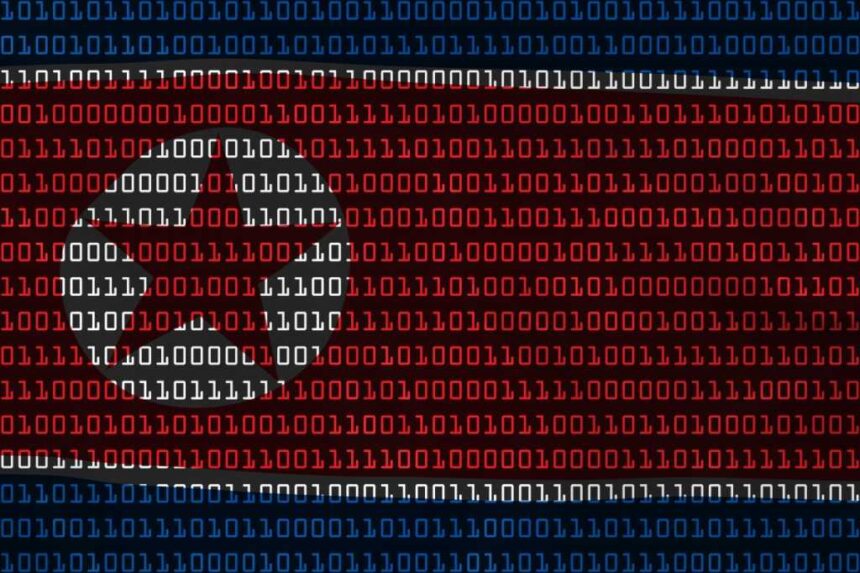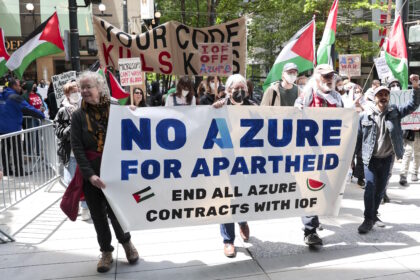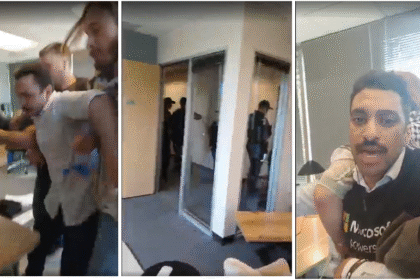Ongoing crackdown with caveats for hiring companies
These actions are the latest efforts in the US government’s battle to stop DPRK’s illegal activities. Last month, the Justice Department’s major sweep across 16 states seized laptops, financial accounts, and websites associated with the illegal remote IT worker scheme, and the FBI and Defense Criminal Investigative Service (DCIS) also took action.
The latest sanctions mean that any property in the US, or possessed or controlled by US persons, in which the sanctioned individuals hold interest are blocked, and must be reported to OFAC, and unless authorized, “OFAC’s regulations generally prohibit all transactions by US persons or within (or transiting) the United States that involve any property or interests in property of blocked persons,” OFAC said in the announcement. The regulations also forbid “any contribution or provision of funds, goods, or services” either directed to the blocked persons, or being received from them.
“These sanctions draw clear liability boundaries and nudge organizations towards stronger vetting without broad new regulations,” Jean-Louis noted. “A key risk to consider: If a US company unknowingly hires or pays a newly sanctioned contractor, the consequences can escalate quickly. OFAC violations are a strict liability, which means that intent does not matter, and civil fines can run up to significant amounts. Organizations can also face criminal penalties and loss of export privileges. Since OFAC is a US law with extraterritorial application, foreign organizations may do well to also consider potential exposure. An improper hire can turn into an expensive legal crisis overnight.”
Read the full article here










